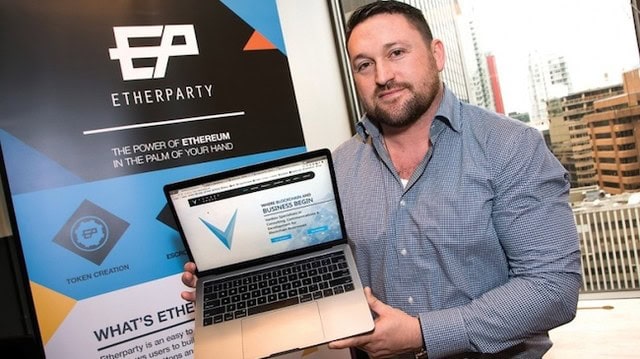
Vanbex Inc. remains under fire as the legally embattled Vancouver-based cryptocurrency company faces yet another lawsuit relating to its allegedly fraudulent $33 million cryptocurrency sale.
On Aug. 26, a class action lawsuit was filed in the Supreme Court of British Columbia on behalf of two B.C. residents who each purchased roughly US$30,000 worth of Vanbex’s Fuel cryptocurrency tokens.
“The plaintiffs and class members have suffered the loss of their full investments in Fuel tokens purchased from Vanbex. Fuel tokens cannot legally be sold, without approval from the regulator and compliance with the Securities Act. In addition, Vanbex is not a viable business and has not met its milestones. The Fuel tokens have no real, legal value,” the filing states.
The lawsuit names Vanbex’s founders Lisa Cheng and Kevin Hobbs as defendants as well as the company’s chief architect, Brian Onn, and a developer, Jeffery Walsh. TD Bank is also named as a defendant. Vanbex and Hobbs maintained accounts with the bank at material times according to court documents. The filings claim that TD was negligent in not investigating Hobbs’s account for what was reasonably likely to be criminal or fraudulent activity. The filings also claim that TD did not properly discharge its duty to warn other financial institutions, which were transferring funds into Vanbex’s TD account.
The filing accuses the named Vanbex employees and principals of unjust enrichment alleging that they benefited from the sale of Fuel tokens by using the proceeds to fund their personal lifestyle making a vague reference to the suit against Vanbex by the Director of Civil Forfeiture which claims that Cheng and Hobbs used misappropriated funds to purchase luxury vehicles, condos and finance high roller gambling.
From the Vanbex principals and employees, the plaintiffs are seeking general and punitive damages as well as restitution for benefits received by the defendants from the sale of the Fuel token and a declaration that Vanbex broke the securities act. The filings repeat claims made by the Director of Civil Forfeiture including the claim that the company developed no usable product.
The filings also repeat allegations made by Vanbex’s former client, Elev3n, and claim that the evidence against Vanbex points to a premeditated unlawful conspiracy that involved taking copyrighted from Elev3n to develop a whitepaper. It alleges that Cheng and Hobbs in turn used the whitepaper to sell Vanbex’s cryptocurrency and misappropriated the money for their own use. The filings claim that the plaintiffs would have never purchased the Fuel tokens had the conspiracy not been carried out.
None of the claims have been proven in court.


